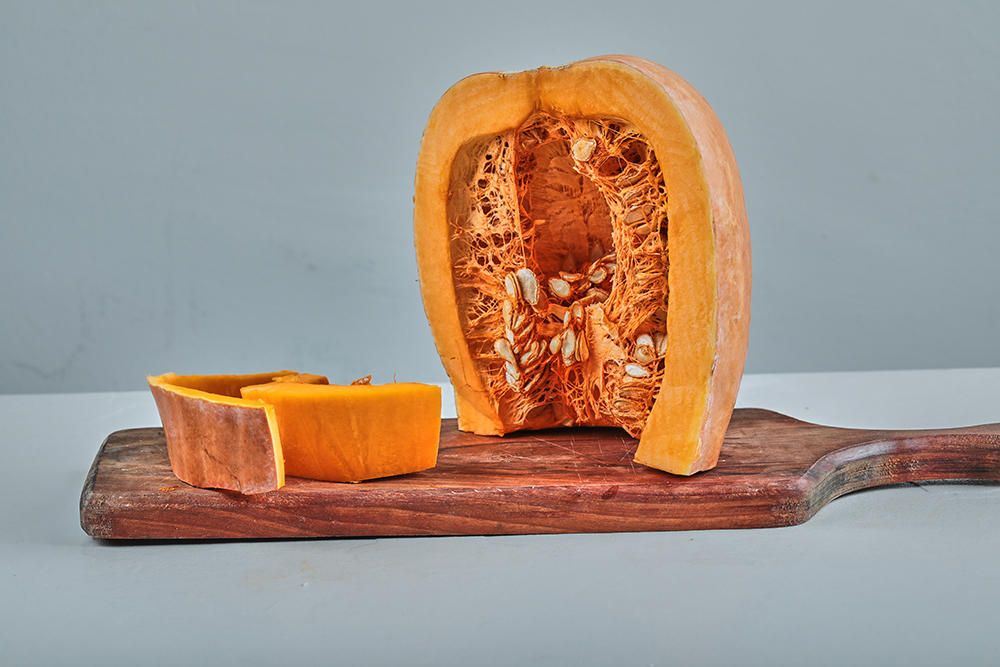Squash is a versatile vegetable that is a part of the Cucurbitaceae family. It is a popular ingredient in a variety of dishes, from soups and stews to salads and casseroles. Squash can also be roasted, steamed, grilled, or boiled. Squash is a great source of vitamins, minerals, and antioxidants. It is low in calories and fat, and high in dietary fiber, which can help with digestion and weight loss. Squash is also a good source of vitamin A, vitamin C, and potassium.
Types of Squash
There are many different types of squash, including summer squash, winter squash, and gourds. Summer squash, the most common type, includes varieties such as zucchini, yellow squash, and pattypan squash. Winter squash, such as butternut squash, acorn squash, and spaghetti squash, are usually harvested in the late fall and winter. Gourds are a type of squash that are usually ornamental and not edible. They are usually dried and used for decorations. Examples of gourds include the bottle gourd, luffa gourd, and dipper gourd.
Nutritional Benefits of Squash
Squash is packed with essential vitamins and minerals. It is a great source of vitamin A, vitamin C, and potassium, which are all important for maintaining healthy eyes, skin, and bones. Squash is also high in dietary fiber, which can help with digestion and weight loss. Squash is also low in calories and fat, making it a great addition to any diet. Additionally, squash is a good source of antioxidants, which can help reduce inflammation and protect against chronic diseases such as heart disease and cancer.


Comments are closed.